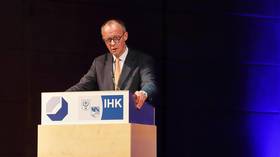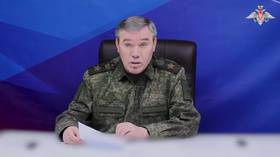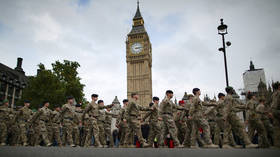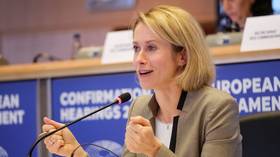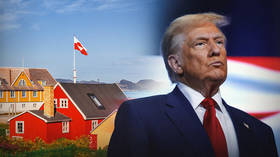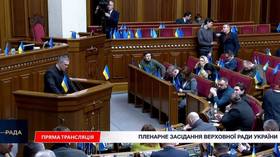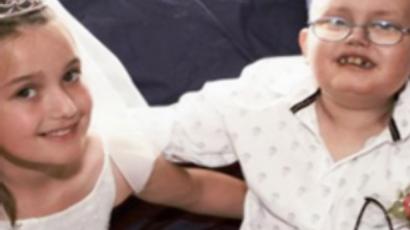Cancer’s death grip
Almost eight million people around the world will become victims of cancer this year, and a World Health Organisation report says by 2010 it will be the world's top killer, claiming more lives than AIDS and heart disease. It is already the second leading
There are special medical regulations in Russia to provide financial help to cancer sufferers.
But in reality it seems there are many patients who are caught on a waiting list.
Most people think it'll never happen to them but it did to Olesya Vladimirova.
She was diagnosed with breast cancer.
Luckily, doctors in her native city of Smolensk caught it in time and Olesya was operated on.
“The attitude towards people with cancer in Russia is almost like to a person who is already two metres below ground. It doesn’t mater how grave your condition is,” says Olesya.
By law, Russia's public health services have to provide Olesya with her post-recovery medicine free of charge.
But Olesya says getting it from them is a torture, and it’s already cost her more than a thousand dollars of her own money.
“I come to the clinic each month and they tell me they don’t have the medicine at the moment,” Olesya says. “I ask: Why, what am I supposed to do? – And they say, we’ll put you on the waiting list, we’ll give you a call.”
But they hardly seem to want to bother, she says.
To cut back on the expense of costly medication, Olesya's chemotherapist suggested an alternative treatment – removing her reproductive organs.
But having no organs means no kids, and Olesya said “no”.
“It was a shock to me, and it took me a week to get over it. I told my gynecologist about it and she said that I was absolutely right not to agree to an unnecessary operation,” Olesya recalls.
One of Russia's most experienced cancer specialists says such radical moves should only be agreed by a council of doctors.
“It's an extremely complicated decision. Of course it cannot be taken single-handedly. In oncology all decisions concerning therapy and treatment are taken by several people, at least four experts,” says oncologist Oleg Melnikov.
Being one of the founders of the Public Movement Against Cancer, he also says many people in Russia need psychological as well as financial help.
“By law and from the human point of view, oncology should be free of charge. It should become another golden rule in our country,” Melnikov says.


